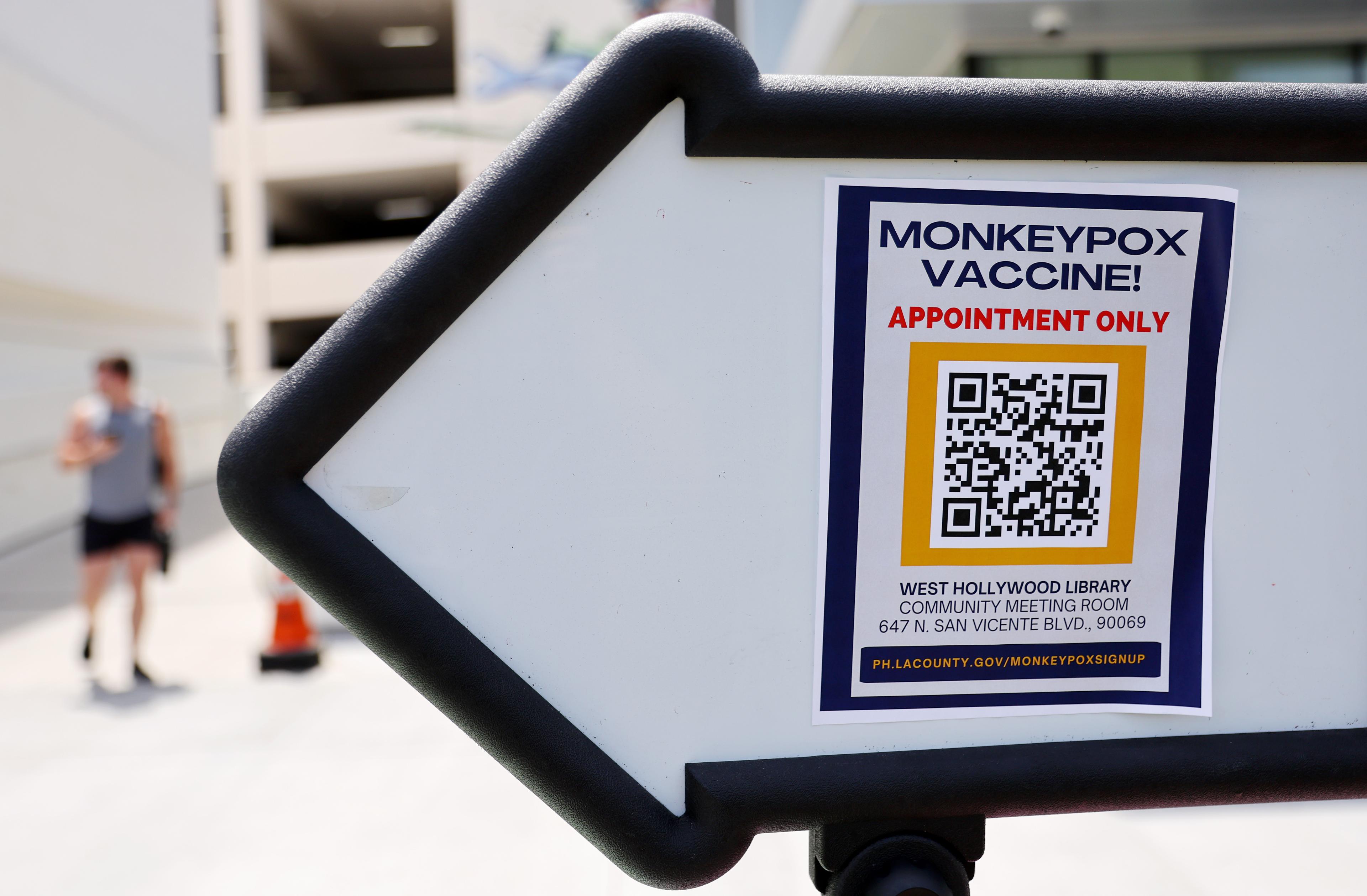
In our second Curiosity Corner mailbag, Derek takes your burning questions. He breaks down the myths around how monkeypox spreads, and blasts public health officials for not being more specific about who is most affected. He explains how, while millennials face an affordability crisis in developed countries, they might not want to trade their global generation for any previous period in history. And he answers a listener who asks whether we should fear population collapse more than we fear overpopulation.
If you have questions, observations, or ideas for future episodes, email us at PlainEnglish@Spotify.com. You can find us on TikTok at www.tiktok.com/@plainenglish_
As part of Curiosity Corner, Derek assesses the advantages that millennials have compared to previous generations.
Devon Manze: OK, here is one from Jimmy. He writes, “I’m a millennial. I always see things about how millennials got a bad deal with student loans—I have these—have less income compared to other generations at the same ages, housing isn’t affordable, and so on. I’d love to hear the advantages my generation has when compared to others.”
Derek Thompson: Jimmy, thank you. I love this question. Let me start with the to-be-sure paragraph. To be sure, millennials have gotten completely hosed in a few very important ways. Millions of them graduated into a shit labor market in the late 2000s and early 2010s after the global financial crisis. Millions of them paid out the nose for college and have been burdened with historic, just completely unprecedented levels of student debt. And a lot of them started looking to buy a house after the 2010s, which is a decade when home building per capita fell to its lowest rate in recorded history. So they’ve basically been besieged by this avalanche of affordability crisis, just like one affordability crisis after another, education, work, housing. That sucks. But if you’re looking for silver linings, I don’t think it’s very hard to find them, especially when you’re willing to look globally and within the realm of moral progress.
Let’s start with the global picture. In the global picture, according to most of the statistics that we have, including those from the World Health Organization, worldwide there’s never been a generation in recorded history with a lower share of infant mortality, with a lower share of deep poverty or a longer average lifespan or a larger global middle class. Sometimes when you point out these sort of global elements of progress, people get a little mad. They assume that this good news is being shared in the interest of getting people to calm down and stop complaining about the bad news. I’m not saying that. I’m saying these two things are happening at the same time, right? The affordability crisis for millennials in America is happening alongside this global progress that to me is just totally unequivocal.
But there’s also moral progress happening in the US, really important moral progress especially if you go back to, say, the 1960s. So in 1961, 4 percent of Americans approved of interracial marriage. Today, 94 percent approve of interracial marriage. From 4 to 94, that’s incredible. Thirty years ago, less than 30 percent of Americans supported gay marriage. Now, more than 70 percent do. You look at something like inequality between male and female earners: In 1980, women aged 25-34 earned 33 percent less than their male counterparts. In 2020, the pay gap had shrunk to 7 percent. So a 37-percent pay gap just 40 years ago. Today it’s a 7-percent pay gap.
Now, a pay gap is a pay gap, and racism exists and sexism exists. Homophobia exists. None of these things are dead, and their eradication in fact remains a really important project for civilization. But by most measures, racism, sexism, homophobia are lower today than they’ve been maybe in recorded history, or at least near the lowest that they’ve been in recorded history. That’s also something that’s pretty good about this generation of being alive.
Finally, it’s a little bit of a murkier touchy-feely idea, but cultural abundance—choice in culture—is just completely unlike anything that we’ve ever experienced. It is clearly a better time or an easier time to be a reader or a music listener or a movie watcher. And on this point, I don’t think there’s really any debate, even if you just listen to the last episode that I did with Ted Gioia about how music listening is shifting toward older music rather than new music. But even if you’re a purist who doesn’t like the choice offered by digital readers, even if you hate Kindle, even if you hate the streaming platforms, I don’t think you would trade this year for any other year, because why would you give up all the things that have been created since that year that you’re picking, right? Artistic accomplishment is accumulative. It gets better every year because we’ve already recorded all the music and written all the books and made all the movies we’ve recorded in the past. And that mountain keeps growing.
So think about if you traded 2022 for 1991, right? You had a time machine. You’re an upset millennial. You’re a mad millennial and you say, “I want to get out of 2022. I want to get back to 1991.” OK. Well, at least in the cultural domain, you’re giving up Taylor Swift, right? Bye-bye Kendrick. Bye-bye Kanye, Bye-bye Shania Twain, Radiohead. Gone, right? You do not get to experience them in 1991. You’ll be giving up the Marvel movies. You’ll be giving up Lord of the Rings. Michael Clayton. First Wives Club, for Pete’s sake. You realize you’re giving up First Wives Club? What kind of an idiot are you? It’s so obvious to me that culture gets better over time because everything that’s wonderful that has been created is this mountain that by sheer definition, by sheer understanding of the passage of time, that mountain cannot decline.
So returning to our problems, the biggest problem with the millennial generation, the U.S., is that we have this affordability crisis, especially in the essentials of housing and healthcare. And that’s because we’ve made decisions at the local and national level that make it harder to build houses and harder to become a doctor and harder to provide telemedicine. My response to this crisis of shortage and crisis of scarcity is something that I’ve called the “abundance agenda.” You maybe come across this in previous podcasts or in my written work at The Atlantic. I think that we need new laws and new rules and even a new national mindset that’s required to increase the supply of the most important things in the economy. We need a new philosophy of progress that combines technology and ethics to produce human abundance in housing, healthcare, education, energy, all of these spaces.
If you keep listening to the podcast, I think you’re going to hear a lot more of these ideas in the next few months. But rounding out this answer, the 2020s have been kind of shit, I think, compared especially to what we thought they were going to look like in 2019. But there’s just no frigging way I am stepping into a time machine to go back to 1991. Not for the global millennial case, not for the moral progress case, and certainly not for losing all the incredible stuff that we’ve done in culture in the last 20, 30 years.
This excerpt was lightly edited for clarity.
Host: Derek Thompson
Producer: Devon Manze
Subscribe: Spotify

